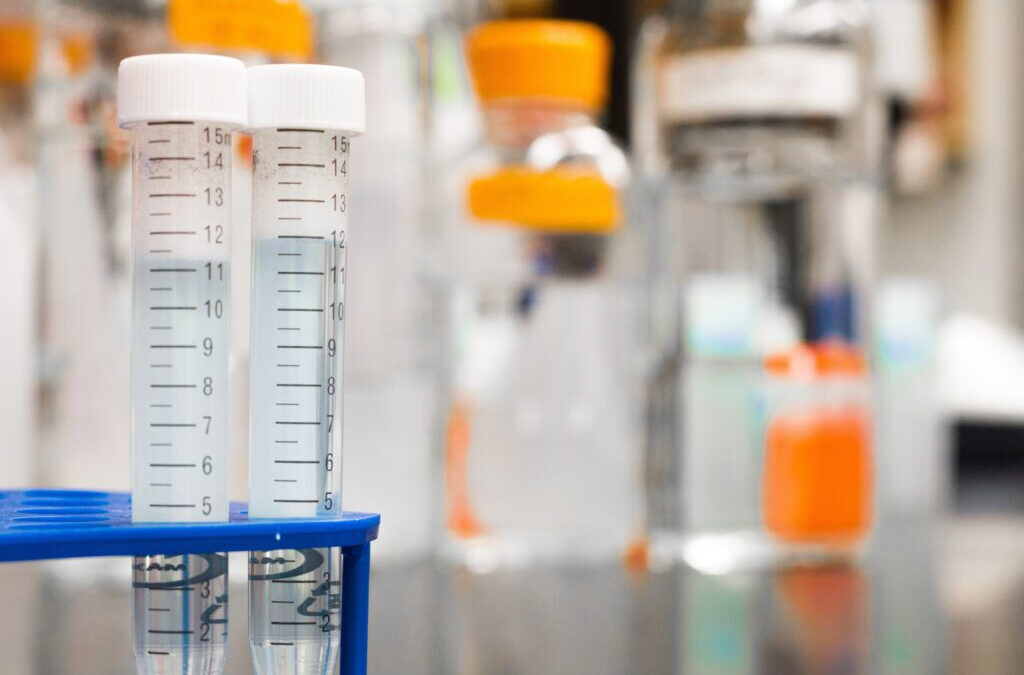Early detection of cancer can have a significant impact on cancer mortality. When cancer is detected at an early stage, treatment options are often more effective and have a higher chance of success. Additionally, early detection can often lead to less invasive and less aggressive treatments.
For example, breast cancer that is detected early through mammograms has a much higher survival rate than breast cancer that is detected at a later stage. The same is true for many other types of cancer, such as colorectal, lung, and prostate cancer.
Recent Advances in Early Detection
There are several new developments in the field of early cancer detection, including:
- Liquid biopsy: This is a non-invasive method of detecting cancer by analyzing blood samples for the presence of cancer cells or biomarkers.
- Imaging technology: Advancements in imaging technology such as PET/MRI and CT scans are making it easier to detect and diagnose cancer at an early stage.
- Artificial intelligence: AI-based algorithms are being used to analyze imaging data and improve the accuracy of cancer detection.
- Biomarkers: Researchers are discovering new biomarkers that can be used to detect cancer at an early stage. One such example is a protein fragment called the TMPRSS2-ERG gene fusion which is found in prostate cancer
- Early cancer screening: With the help of new technology, there are now more efficient and accurate ways to screen for cancer at an earlier stage, such as liquid biopsy and AI-aided diagnostic tools
It’s important to note that many of these advancements are still in the research stage and not yet widely available for clinical use.
Early detection can also lead to a reduction in healthcare costs, as the cost of treating cancer at an early stage is typically lower than the cost of treating advanced cancer. It’s important to note, however, that the key to reducing cancer mortality is a combination of factors such as early detection, prevention, and better treatments.



Recent Comments